Read or listen offline
Recommendation
The world’s population of seven billion strains the planet. Struggles over food, land and fossil fuels are inevitable, says philosophy professor Sarah Conly. She argues that only procreation limits can mitigate the negative impact of overpopulation. She clearly doesn’t fear controversy, since even the suggestion of family limits is an assault on what most people feel is a basic freedom. Conservation and reducing consumption are not enough, she submits. While Conly hopes that voluntary compliance, education and accessible contraception would spur the desired reductions, she believes government sanctions are not out of the question. Conly maintains that having more than one child is not an inalienable right. This in-depth, intelligent analysis is not for the casual reader. It’s a serious academic exercise unrelieved by anecdotal support. Surprisingly, Conly pays scant attention to China’s now updated one-child mandate. While always neutral on political or controversial issues, getAbstract suggests Conly’s thesis for its brave exploration of an unpopular solution to an obvious problem.
Take-Aways
About the Author
Associate professor of philosophy at Bowdoin College Sarah Conly wrote Against Autonomy.










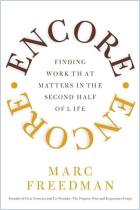
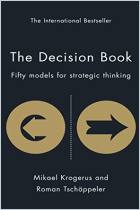
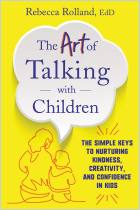
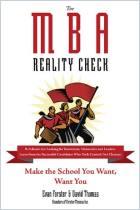
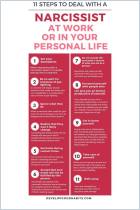
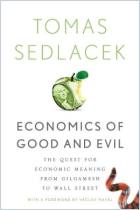


Comment on this summary or 开始讨论